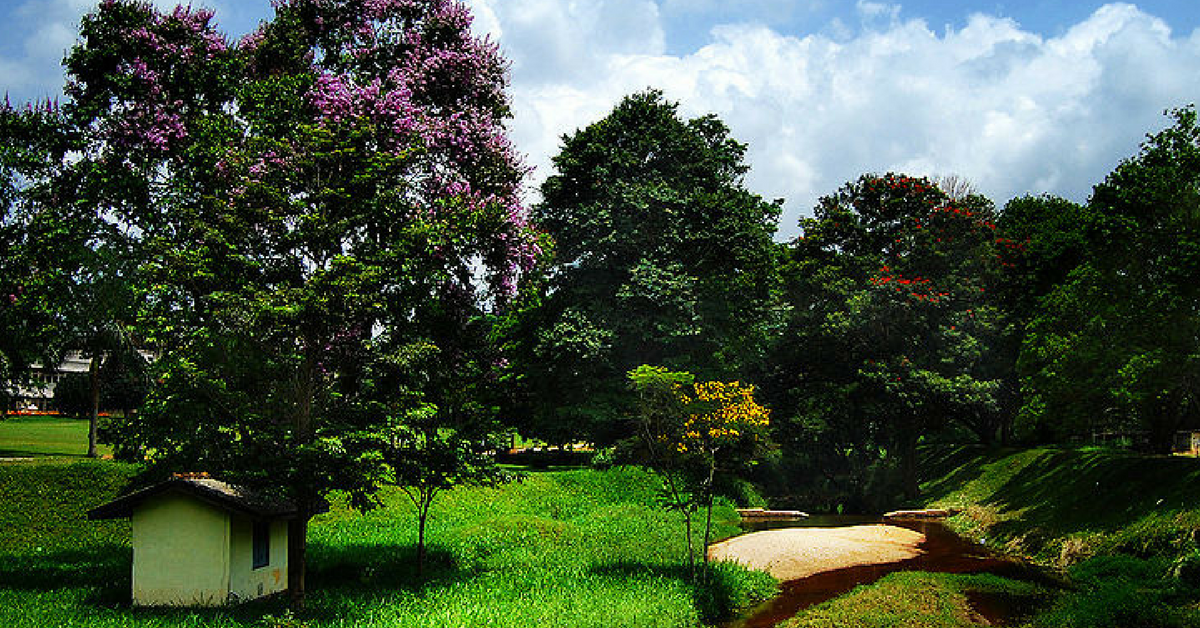The World Health Organization (WHO) certified in September that the island nation of Sri Lanka off the southeast coast of India is malaria-free. Sri Lanka joins a list of 33 nations that have achieved that status, while 94 nations and territories still have malaria transmission.
“It was a hard fight, [but] this is an example to the rest of the world,” said Dr. Pedro Alonso, Director of the WHO Global Malaria Programme. Sri Lanka “has sustained this for the last three years in a convincing way.”
Malaria is a mosquito-borne illness that causes nausea, chills, and diarrhea, and can lead to death. It infects an estimated 214 million globally and claims more than 438,000 lives annually.
Sri Lanka had seen large outbreaks of malaria among its middle-income citizens, some of whom regularly travel to nearby India. Up to 500,000 Sri Lankans had contracted Malaria annually.
Sri Lanka established mobile malaria clinics to facilitate earlier treatment to kill the parasite in victims’ blood that causes the disease. Coupled with mosquito control efforts, the eradication is now complete.
Earlier in its history, Sri Lanka came close to eradicating malaria but ended its efforts too soon. Before long, the disease came storming back.
“True ownership is essential,” said Alonso. “If countries own the problem, and the solution, and scale up interventions, it would go very, very far.”
Only 1.3 percent of Sri Lankans are evangelical in a multicultural nation that governs as a democratic socialist republic. CMF International is planning outreach there in 2017 and 2018 to assist evangelical churches.
Pray for continued malaria eradication in Sri Lanka and for the minority evangelical churches as they minister there.
CNN: Can Sri Lanka show the world how to end malaria?
Fox News: WHO declares Sri Lanka malaria-free in ‘truly remarkable’ achievement

1 comment